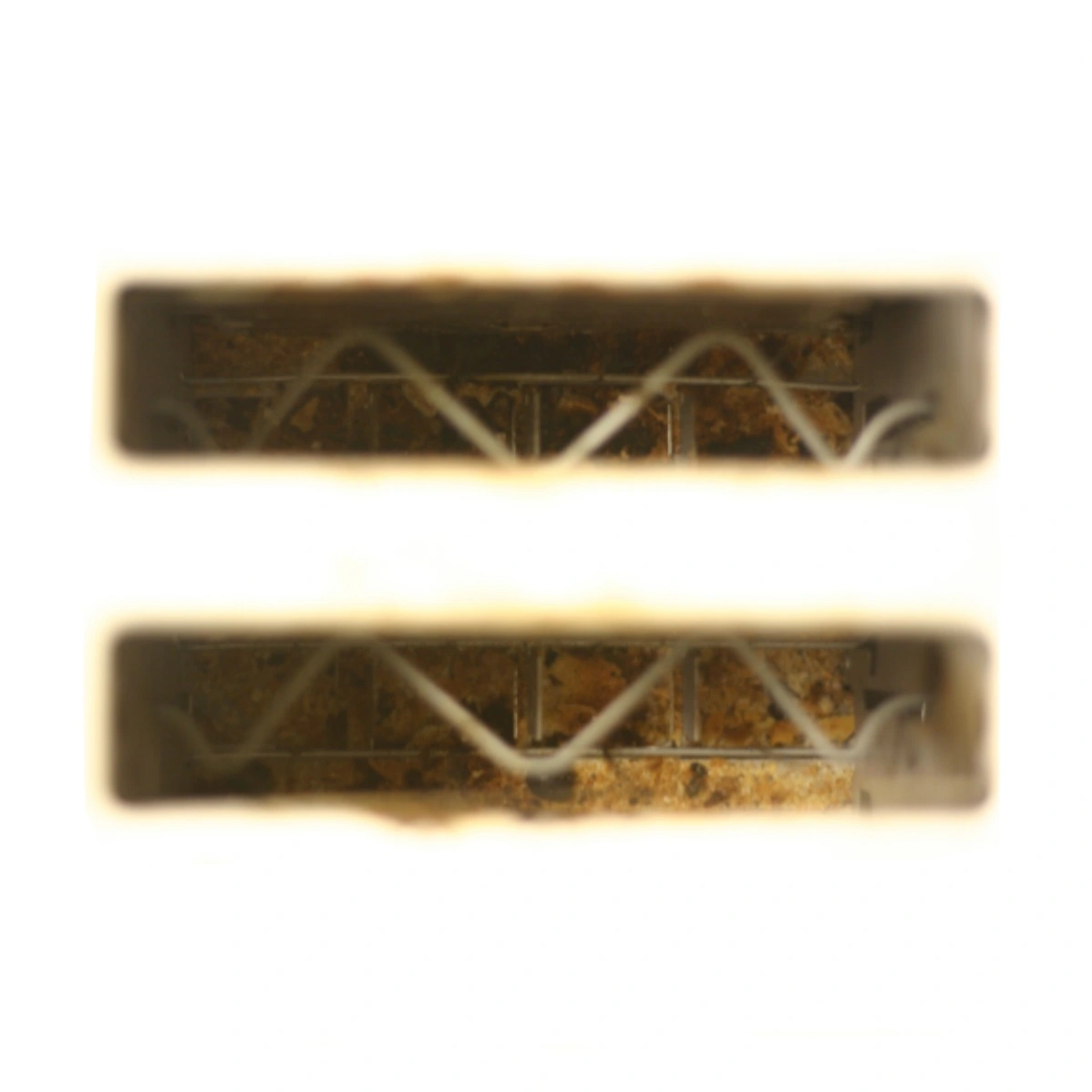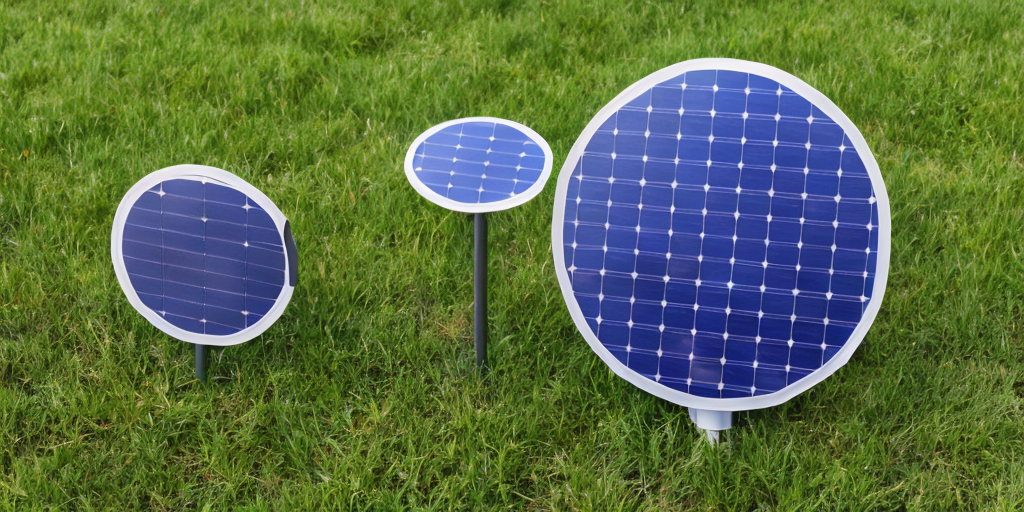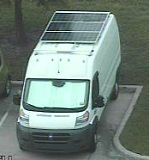Used panels are very cheap off the pallet locally (see craigslist, fb marketplace, etc).
If you describe the DIY setup (off-grid, grid-tied, hybrid) people might have specific suggestions for budget components.
Thanks for this tip! I just checked my local CL and am finding deals around $0.50/watt with most panels being around 325W. The output voltages are all over the place though, definitely need to pay attention to the charge controller specs.
I’m new to all this and as a result I am coming from a learning and interest perspective. I believe that 50W or 100W would be sufficient to get some minor use out of. Do you know of any other decent 50W-100W options that are more economical in $CAD? Once I have a panel in mind then I’ll look into a battery, inverter, charge controller, etc.
Very small setups (sometimes called “toy” setups because they are typically for fun and learning) are the most expensive by the watt, typically $1USD/watt. I don’t know the Canadian market at all, sorry.
Also why is it that panels are so cheap off the pallet? I’m seeing a lot on the sites you mentioned whereas they’re much pricier ordering online.
- Because they are bought in bulk (by the pallet) and delivered at freight rates. It’s common for folks who need a lot of them to buy a pallet, take what they need, then sell the rest.
- because they are leftovers after a job
- the really cheap ones (like mine) are commercial or residential pulls Cf. WIll Prowse’ $50 250w pulls
The charge controllers are likely fine (I am going to put some into practice soon, but full disclosure I haven’t yet) however as with most products from Chinese sellers their stats are a little too optimistic. Most Western countries will build a safety buffer in to their products (so a 10 amp controller will work all day at 10 amps, and maybe up to 11 or 12 amps) whereas a Chinese 10 amp controller can probably only peak at 10 amps for a few seconds with additional cooling, and may die prematurely if it sits over 6-7 amps for too long. You see the same thing with inverters - western ones are sold by their continuous rating, like “500 W (1 kW peak)” whereas Chinese ones sell by the peak rating it can only reach for a second or two at a time, like “1 kW inverter” and then in the fine print buried in the listing “500 W continuous rating”. Occasionally there are exceptions but these seem to be mistakes, as the majority of stuff is advertised with the biggest and best numbers even if they aren’t really reachable.
So as long as you’re aware of this and you over-spec everything by a good safety margin then you should be ok. This is assuming you choose a product that is genuine, and not a fake such as a 10 amp controller with a 30 amp sticker on it, of course.
If you’re relatively new to solar and don’t know exactly what you want and how to figure out whether your Isc is within limits, the Voc has a good safety margin to not blow up the controller, etc. then you may find it cheaper to buy from a local company, because although you will pay more you should only have to buy once. If you go with Aliexpress you may have to buy three or four different models until you find one that works the way you want, and then quickly go back and buy more of them before they change the internals. Fine if you’re building a bunch of larger systems with dozens of controllers, but it will probably work out more expensive for a small system with only one charge controller total.
deleted by creator




